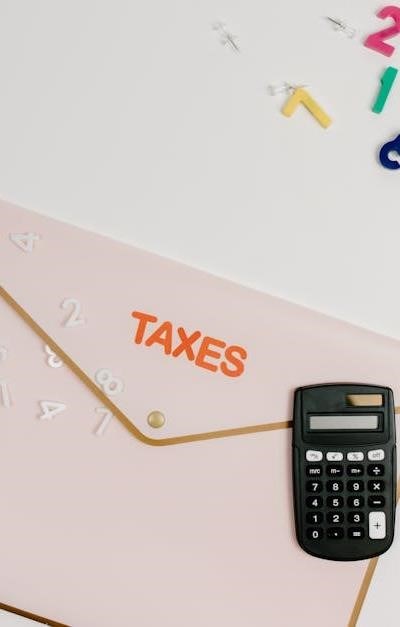
Maintaining a strong credit score is crucial for various aspects of your financial health‚ from securing loans to renting an apartment. A cornerstone of a good credit score is consistently paying your credit card bill on-time payments. This article provides a detailed advisory guide on how to achieve this‚ avoid penalties‚ and build responsible credit habits.
Why Timely Payments Matter
Your payment history is the single most important factor influencing your FICO score and VantageScore – the two major credit scoring models. Even a single late payment can negatively impact your score. Here’s a breakdown of the consequences:
- Lower Credit Score: Late payments are reported to credit bureaus‚ damaging your score.
- Increased Interest Rates: Many credit card agreements include penalty APRs that kick in after a late payment‚ significantly increasing interest charges.
- Late Fees: You’ll be charged late fees‚ adding to your debt.
- Potential Account Closure: Repeated late payments could lead to your credit card account being closed.
Understanding Your Credit Card Bill & Key Dates
Familiarize yourself with the components of your credit card statement:
- Due Date: This is the date by which your payment must be received to avoid late fees and negative reporting.
- Minimum Payment: The smallest amount you must pay to keep your account in good standing. However‚ only paying the minimum payment means you’ll accrue significant interest and take much longer to pay off your balance.
- Statement Balance: The total amount you owe on the card.
- Credit Limit: The maximum amount you can charge on the card.
- Available Credit: Your credit limit minus your current balance.
Understanding revolving credit is also important. Unlike installment loans‚ revolving credit (like credit cards) allows you to borrow‚ repay‚ and borrow again up to your credit limit.
Strategies for On-Time Payments
Here are practical steps to ensure you never miss a due date:
- Automatic Payments: Set up automatic payments from your checking account. You can choose to pay the full statement balance‚ the minimum payment‚ or a fixed amount.
- Bill Reminders: Utilize bill reminders offered by your credit card issuer (email‚ text‚ or app notifications).
- Calendar Reminders: Add your due date to your personal calendar with multiple reminders.
- Budgeting: Effective budgeting is key. Allocate funds specifically for credit card payments each month.
- Grace Period: Take advantage of the grace period – the time between the end of your billing cycle and the payment due date. Paying your balance in full within the grace period avoids interest charges.
- Credit Utilization: Keep your credit utilization (the amount of credit you’re using compared to your credit limit) low – ideally below 30%. This demonstrates responsible credit management.
Monitoring Your Credit & Addressing Issues
Regularly check your credit report from all three major credit bureaus (Experian‚ Equifax‚ TransUnion) for errors. You are entitled to a free copy annually at www.annualcreditreport.com.
If you’re struggling with debt management‚ consider these options:
- Balance Transfer: Transferring your balance to a card with a lower APR.
- Debt Consolidation Loan: Combining multiple debts into a single loan with a fixed interest rate.
- Credit Counseling: Seeking guidance from a non-profit credit counseling agency.
Prioritizing on-time credit card payments is a fundamental step towards building and maintaining a healthy credit profile and achieving long-term financial stability.




This is a really solid, practical guide to staying on top of credit card payments. I especially appreciate the breakdown of the bill components – it